ABOUT US
Please join us to help children around the world have a better life!
Who We Are?
We Help
We believe that compassion is a force capable of transcending boundaries and transforming lives. By translating empathy into tangible actions, we strive to alleviate suffering and bring hope to those facing adversity.
We Connect
Our mission is rooted in the empowerment of communities. We work towards creating opportunities for education, health, and sustainable livelihoods, recognizing that empowered communities are the architects of their own progress.
We Donate
We champion the principles of equality and inclusion. Our mission is to dismantle barriers and create a world where every individual, regardless of background or circumstance, has access to the resources and opportunities necessary for a dignified life.
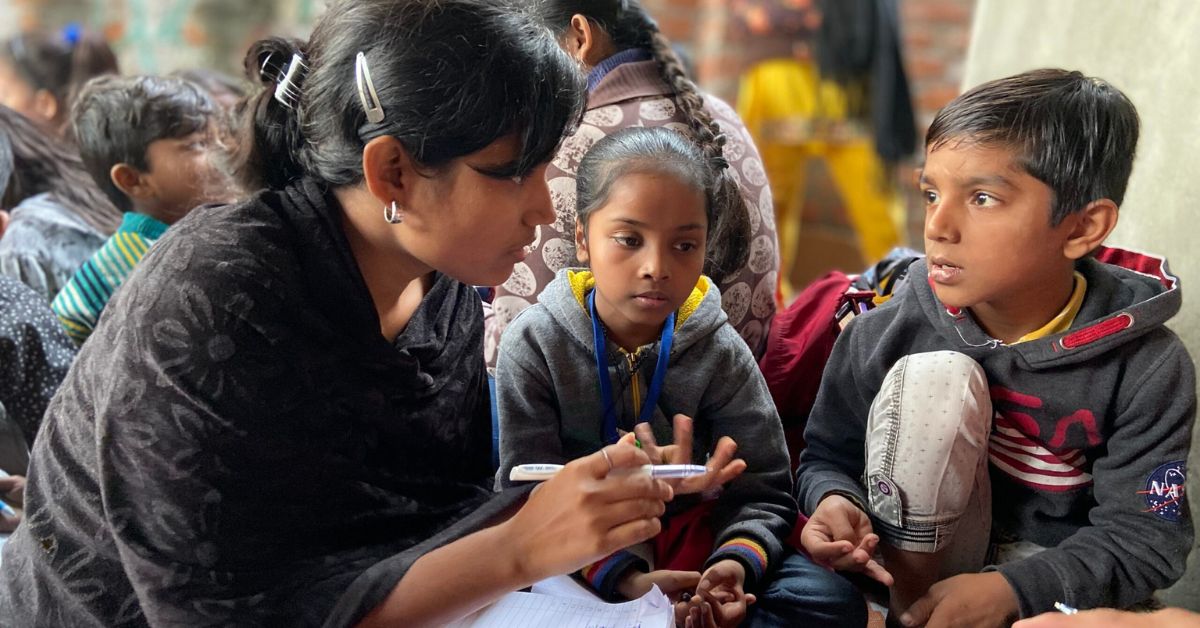
Driving Change Through Knowledge
At The Love Kids Foundation, research is at the heart of our mission to empower marginalized and disadvantaged children. We believe that evidence-based insights are essential for understanding the complex challenges these children face and for designing effective, sustainable solutions. Our research not only informs our programs but also fuels advocacy efforts to drive systemic change and improve policies that impact children’s lives.
Our research initiatives aim to address a wide range of physical and mental health issues, providing a comprehensive understanding of the challenges faced by underprivileged communities. Key areas of focus include:
Access to Healthcare: Understanding barriers to healthcare access for children in underserved areas. Common Illnesses: Collecting data on prevalent health issues, such as malnutrition, infectious diseases, and chronic conditions. Preventive Care: Studying the impact of health education and vaccination programs on community well-being.
Emotional Well-being: Identifying the prevalence of anxiety, depression, and trauma among children and families. Stigma and Awareness: Assessing community attitudes toward mental health to develop targeted awareness campaigns. Support Systems: Evaluating the availability and effectiveness of existing mental health services in local communities.
Impact of Poverty: Exploring the links between poverty, health disparities, and educational access. Exclusion and Disability: Researching the additional challenges faced by children with disabilities or from marginalized groups.
Emergency Relief Operation
Provide immediate aid to communities affected by natural disasters or conflicts, delivering essentials such as food, clean water, medical supplies, and shelter.
Healthcare Access Initiative
Improve healthcare infrastructure and accessibility in crisis-stricken areas by establishing medical clinics, deploying mobile health units, and training local healthcare professionals.
Child Protection Program
Implement programs to protect children affected by crises, including psychosocial support, education initiatives, and efforts to prevent child trafficking and exploitation.
Clean Water Project
Ensure access to clean and safe drinking water by installing water purification systems, digging wells, and distributing water purification kits in areas facing water scarcity.
Food Security Campaign
Address hunger and malnutrition by distributing food aid, establishing community gardens, and implementing sustainable agriculture projects for long-term food security.
Emergency Shelter Program
Provide temporary shelters, transitional housing, and support for rebuilding homes in areas devastated by natural disasters or conflict.
Upcoming Events
Latest News
Hello world!
Share and Love
Join Us in Creating Change
Research is a powerful tool for transformation, but we can’t do it alone. You can help by:
Funding Research Initiatives: Support our efforts to collect and analyze critical data.
Sharing Knowledge: Partner with us to disseminate findings and advocate for change.
Volunteering Expertise: Contribute your skills as a researcher, data analyst, or advocate.
Life-changing moments start here.
A small step can change lots of lives.
Our Mission
Our Mission
The Love Kids Foundation is passionately committed to enhancing the lives of marginalised, disadvantaged, disabled, and underprivileged children across Asia. Through cutting-edge research and innovative, evidence-based initiatives, we strive to ensure equal access to education, healthcare, and safety. Concurrently, we advocate for inclusive legislation and the adoption of global best practices. Our unwavering goal is to empower and enable all children to realise their full potential, thereby breaking the vicious cycle of poverty and exclusion. This research-driven impact, combined with sustained community support, is the driving force behind our mission.

Objectives
Conduct in-depth interdisciplinary research on child welfare: Undertake extensive investigations across diverse domains — such as education, health, disability, and socioeconomic conditions — to identify critical needs, gaps, and trends impacting marginalised and vulnerable children in Asia.
Create and Implement Evidence-Based Programmes: Leverage research findings to develop innovative, tailored programmes that directly address the unique needs of disabled, disadvantaged, and marginalised children, while ensuring ongoing evaluation and enhancement of service delivery.
Communicate Research Findings to Drive Change: Disseminate research findings through readily available formats and platforms, including peer-reviewed journals, reports, and community briefings, to persuade policymakers, NGOs, and other stakeholders on best practices and essential reforms.
Cultivate Knowledge Sharing and Capacity Enhancement: Organise workshops, conferences, and training sessions for educators, healthcare and social care professionals to disseminate the latest research findings and enhance their ability to effectively serve vulnerable children.
Develop Culturally and religiously Responsive Health Interventions: Design physical and mental health programmes grounded in research that address the cultural, religious, social, and psychological challenges faced by marginalised children, with a focus on trauma, disability, and well-being.
Establish a Research Centre for Child-Centred Innovation: Set up a dedicated research hub that collaborates with universities, non-governmental organisations, and governments to pioneer innovative studies and solutions aimed at improving the lives of vulnerable children across Asia.
Build Long-Term Community Support Networks: Leverage study findings to create and strengthen community-based support systems that equip families and caregivers with the knowledge, tools, and resources to better care for children with special needs.
Advocate for Inclusive Policy Development: Partner with governments and international organisations to transform research findings into effective policies that enhance the rights and well-being of Asia’s disabled, impoverished, and marginalised children.
Conduct Action Research for Service Improvement: Use action research approaches to regularly analyse and develop the organisation’s services, ensuring they are successful, relevant, and responsive to the changing needs of children.
Raise Global Awareness and Mobilise Resources: Use research evidence to lead global awareness campaigns, influence and encourage international donors, governments, and civil society to mobilise resources for underprivileged children.
Encourage Technological Innovation for Children with Disabilities: Develop and implement assistive technology and digital solutions that improve disabled children’s learning, movement, and communication, resulting in greater independence and inclusion.
Combat Child Labour and Trafficking: Conduct targeted research to identify the fundamental causes of child labour and trafficking in vulnerable groups, then build data-driven preventative programs and advocacy initiatives to safeguard children.
Promote Lifelong Learning and Vocational Training: Create vocational training and life skills programs based on research to assist older children and teens in transitioning to adulthood, breaking the cycle of poverty and enabling self-sufficiency.
Monitor and Evaluate Impact: Establish a robust system to monitor and evaluate all programmes and services, ensuring that research informs practice and that outcomes are measurable, transparent, and aligned with the organisation’s objectives.
Encourage Cross-Sector Partnerships: Collaborate with governments, international organisations, academic institutions, and the commercial sector to co-develop and scale evidence-based interventions that support disadvantaged children.
Enhance Early Childhood Development Initiatives: Create early childhood interventions grounded in research into key developmental stages, guaranteeing that underprivileged children can access nutrition, healthcare, and early education.
Empower Children’s Participation in Research: Ensure that children’s voices are heard in research, allowing them to actively engage in studies that impact their lives, empowering them and providing insights to develop relevant programmes.
Establish a Knowledge Hub for Marginalised Children: Develop and maintain a global repository of research, case studies, and best practices relevant to the well-being of marginalised, vulnerable, and disabled children, serving as a resource for practitioners and policymakers.
Meet Our Team
What People Say About Us
Ac felis donec et odio. At in tellus integer feugiat scelerisque varius sodales
The theme is wonderful, great performance, and outstanding support!
Mi in nulla posuere sollicitudin aliquam ultrices sagittis orci facilisis magna etiam.





Our Trusted Partners
Our organization truly believes that by working together, we can save more lives than ever before.
37 Paltan Tower, Purana Paltan, Dhaka, Bangladesh
2715 Ash Dr. San Jose, South Dakota 83475
4140 Parker Rd. Allentown, New Mexico 31134
Copyright 2025 By LoveKids Foundation – Designed & Developed By Rizvi Khan


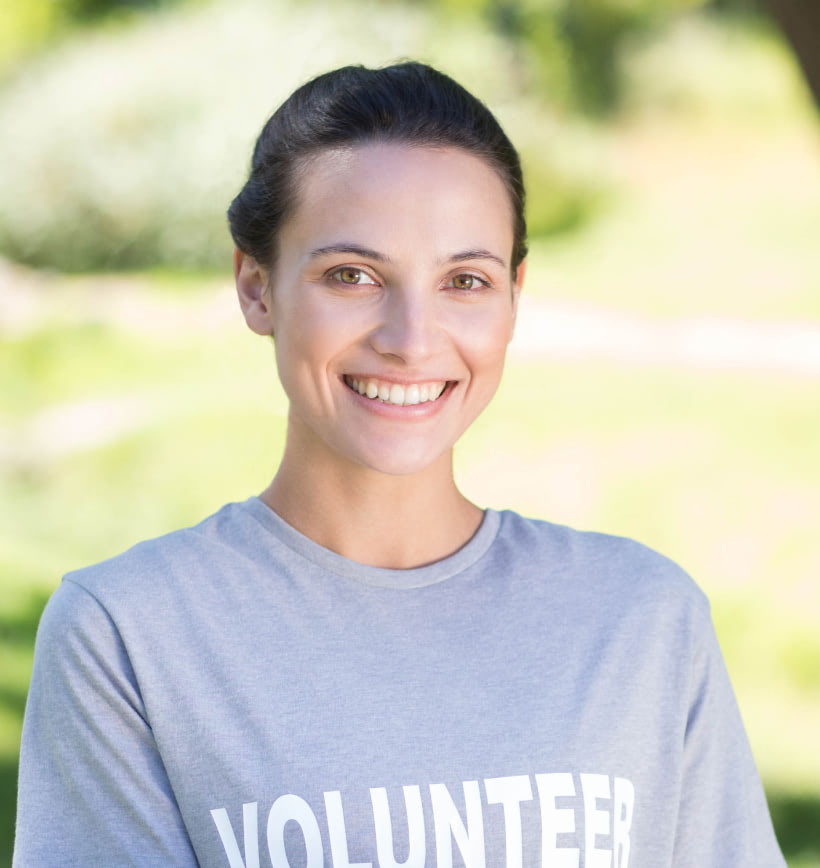

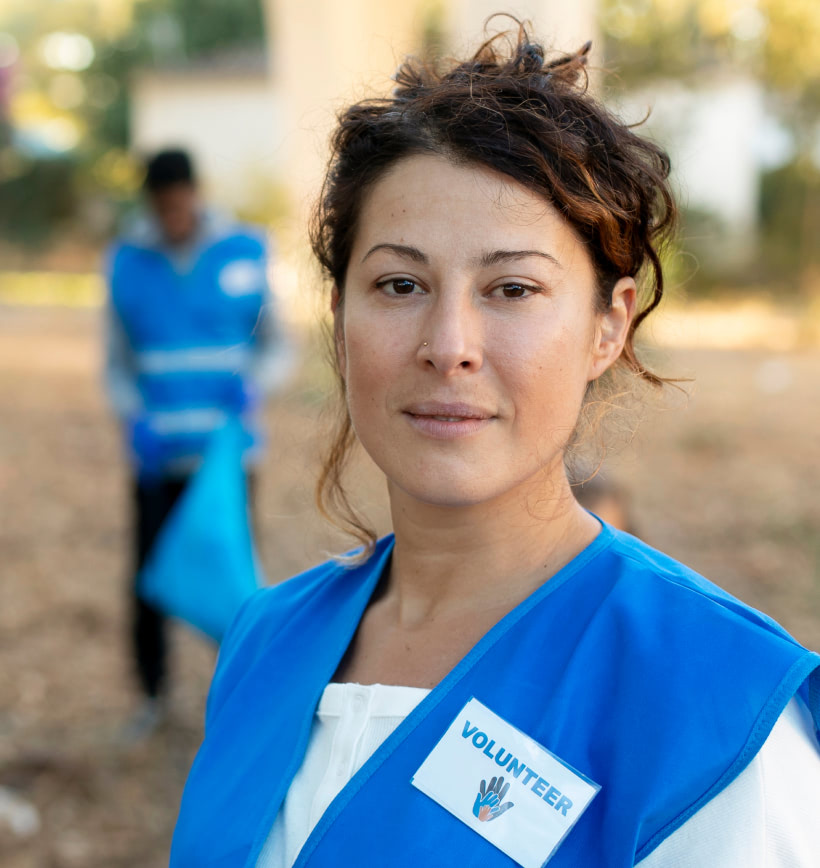
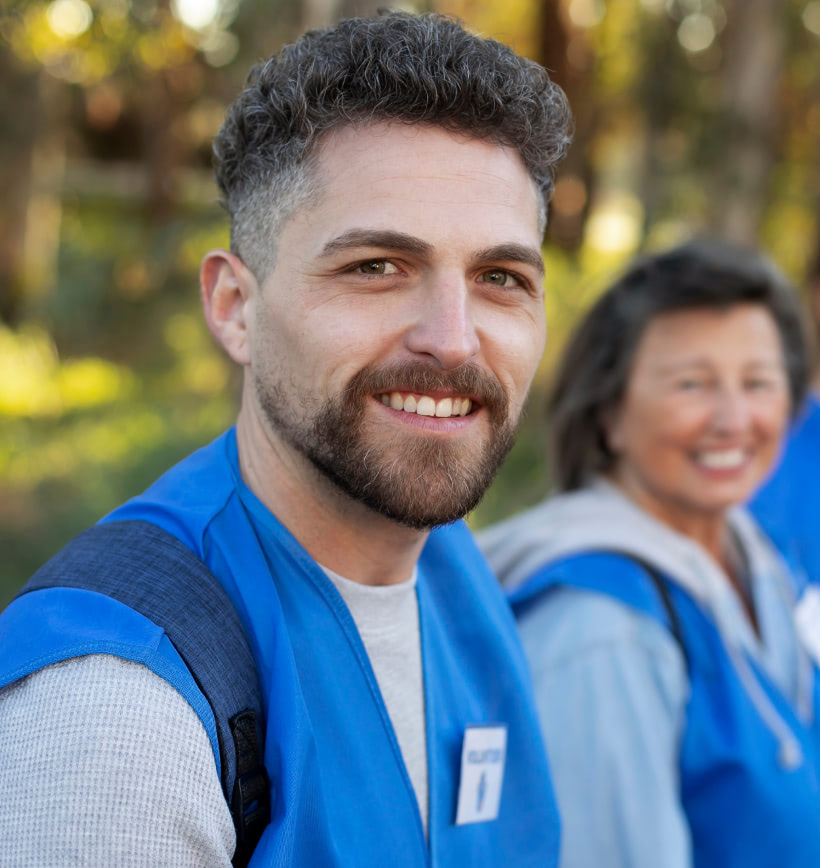
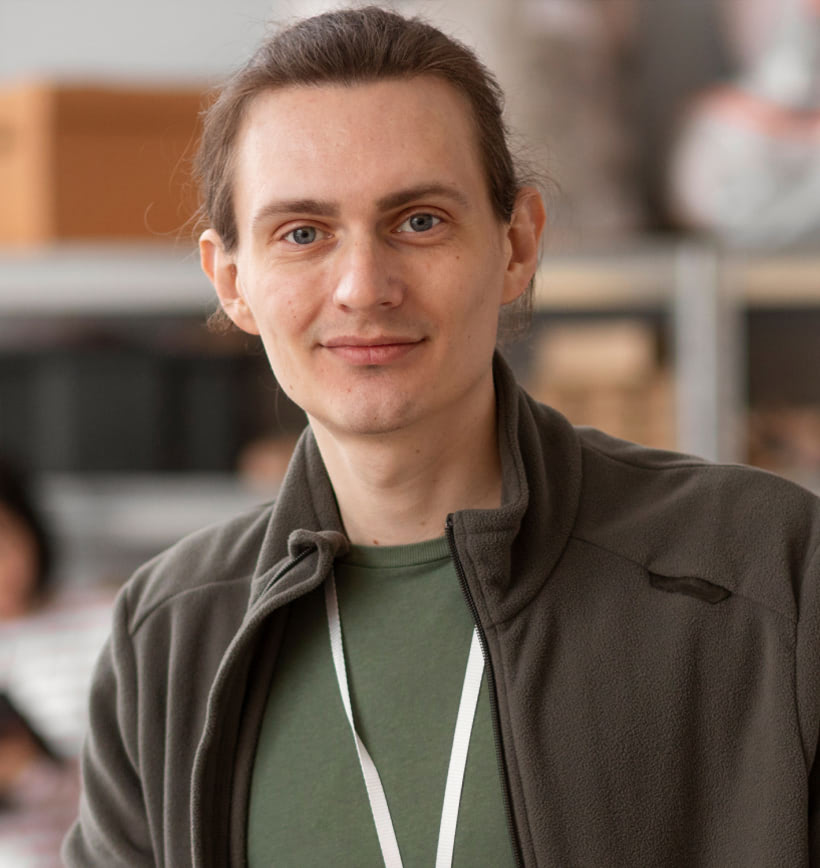
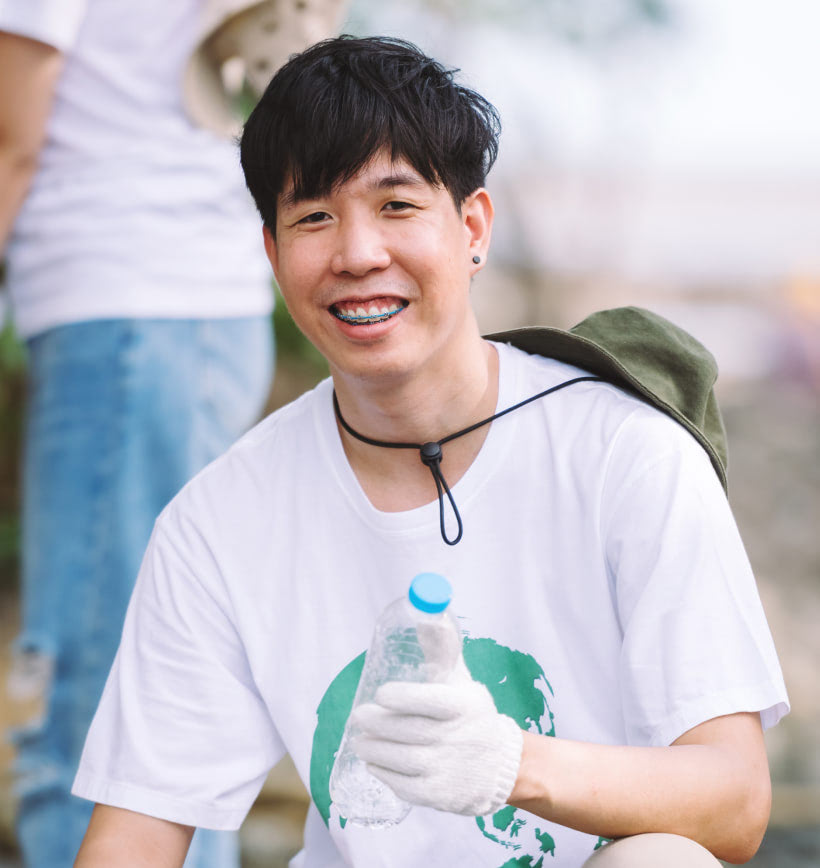
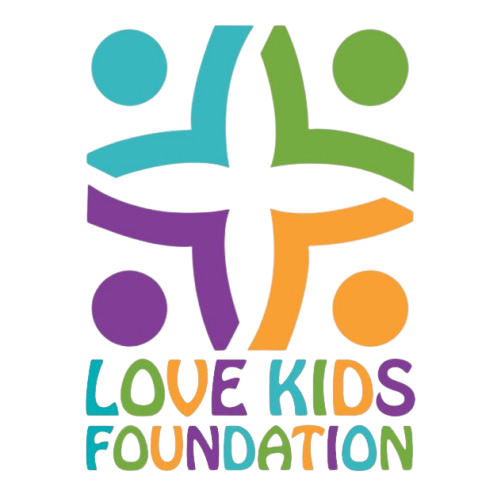
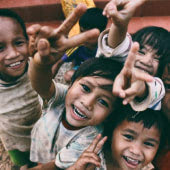

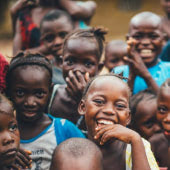
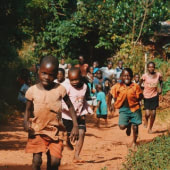


The first time I encountered the dedicated team from Good Heart, I was greeted not just with supplies but with genuine empathy. It wasn't just about distributing essentials; it was about acknowledging our pain, our fears, and our dreams for a better tomorrow.